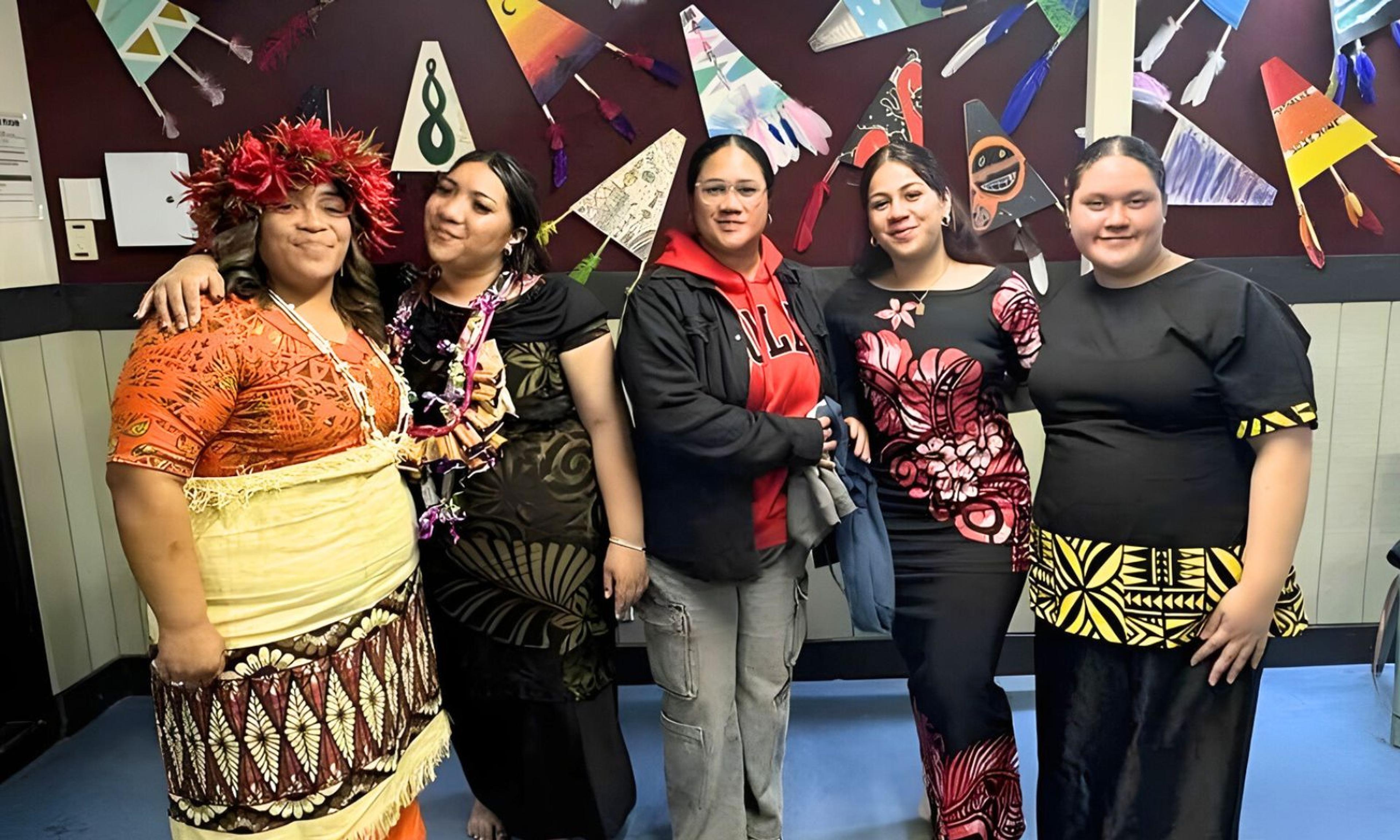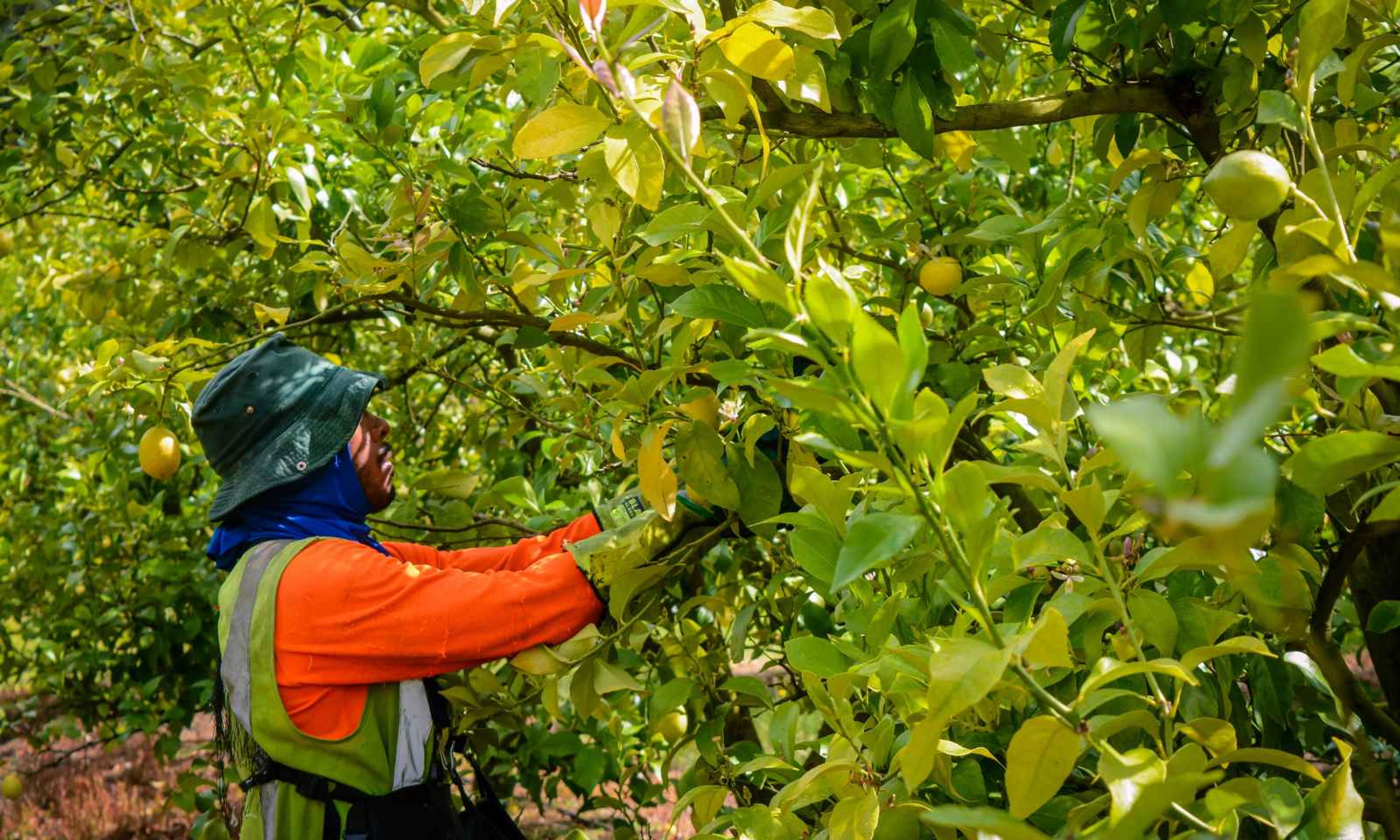

Wellington Mayor Tory Whanau says her decision to leave the mayoral race reflects a strategic move to strengthen Māori and Pacific leadership.
Photo/RNZ/Wellington Council
Tory Whanau: Stepping aside from mayoralty is strategic, not a retreat
The Wellington Mayor says stepping aside from the city’s top job to contest the new Māori ward is a strategic move to build Māori and Pacific representation.




Immigration Minister signals major updates to NZ's RSE scheme

Pasifika candidate brings new voice to Timaru local election




Immigration Minister signals major updates to NZ's RSE scheme

Pasifika candidate brings new voice to Timaru local election
Wellington Mayor Tory Whanau says it's the right call to step aside from the mayoral race to contest the city’s newly established Māori ward.
Whanau cited a need for stronger Māori and Pacific representation and wanting to protect women and minorities from online abuse, while also avoiding a divisive campaign.
Whanau framed her move as strategic, not a retreat, and she felt there was an urgent need to tackle online violence against minority candidates.
Whanau, who made history as Wellington’s first Māori mayor, says stepping down is the right decision for the city’s future.
“There’s some grief attached to this, right? Because I've cared very deeply about this role. But when I think about the longer term, and what's important – the kaupapa – this is the right call,” she told Pacific Mornings on 531pi.
The decision marks an abrupt U-turn after Whanau confirmed earlier this month that she would seek re-election to complete Wellington’s 10-year plan.
However, two weeks later, she announced her withdrawal, clearing the way for Labour-endorsed candidate Andrew Little to emerge as the frontrunner.
Her withdrawal followed Little’s confirmation that he had secured Labour’s backing and intended to run a campaign with “momentum already underway”.
“Wellington is looking for something different now, which is why I've entered the race,” Little says.
Watch Tory Whanau's full interview below.
"There's still four other candidates, so there is a campaign to be had and to win. I'm not letting up in terms of my effort and energy, and there's a lot of momentum underway already, so I keep going," he says.
Whanau says she reflected deeply after Little’s campaign launch and decided she did not want to split the progressive vote or risk a divisive battle between Labour and Green-aligned voters.
“I knew he had the support,” she says. “So I thought, how can I better utilise my profile, my skills and my passions?”
She says the move aligns with her long-term aspirations to work more directly with mana whenua and lead kaupapa Māori initiatives across council.
“I didn't want this to be a highly negative campaign between me and Andrew – Labour and the Greens – when actually we're probably going to fight for the same things,” Whanau says.
“I will clear the pathway for him to run a successful campaign. I will instead run for the Māori ward, and that really excites me.”
Whanau also used her platform to call for greater protection for women and minority groups in politics, reflecting on the abuse she faced while mayor.
“We want the best people running for council – and they're not going to run if this behaviour doesn't change,” she says.
“My dream scenario is being elected to the Māori ward and working to create safer pathways for women and marginalised communities into politics.”

Tory Whanau says her decision to run for the Māori ward aligns with her long-term vision of advancing kaupapa Māori initiatives at council. Photo/Mayor Tory Whanau Facebook
Her departure leaves a noticeable gap in the diversity of mayoral candidates, with no women currently standing for the city’s top job – a reflection, Whanau says, of the increasing hostility towards women leaders.
“It's turning people away. It's a tragedy because it impacts representation – it impacts democracy,” she says.
Meanwhile, Whanau has a message for Wellington voters: “There are some not nice characters on council. Have a look at who's running, who's got your best interests at heart – and get out and vote.”
Reflecting on her three years as mayor, Whanau criticised the culture inside council.

Tory Whanau out in the community. Photo/Mayor Tory Whanau Facebook
“I want to start fighting on behalf of our people, because I think some people stand for local body for the wrong reasons – who potentially are just there to hurt others. That's not okay. That's not what democracy is about,” she says.
She also points to her imbalance in media treatment during her time in office.
“It's been very imbalanced. I don't know why. It's been frustrating. To be frank, I'm looking forward to not having to deal with it again,” she says.
Despite the challenges, Whanau says she remains committed to public service.

Tala Cleverley made history in 1979 as the first Pasifika person elected to local in Aotearoa, serving on Wellington City Council until 1995. Photo/Wellington Council
“This has been the hardest thing I've ever done. But it's certainly proved to me that no matter how hard it gets, this is the mahi that I love and that we'll continue doing.”
Whanau’s call for stronger Pacific representation comes as Wellington marks nearly 30 years without a Pacific councillor.
Tala Cleverley made history in 1979 as the first Pasifika person elected to local government in Aotearoa New Zealand, serving on the Wellington City Council until 1995.
LDR is local body journalism co-funded by RNZ and NZ On Air.
